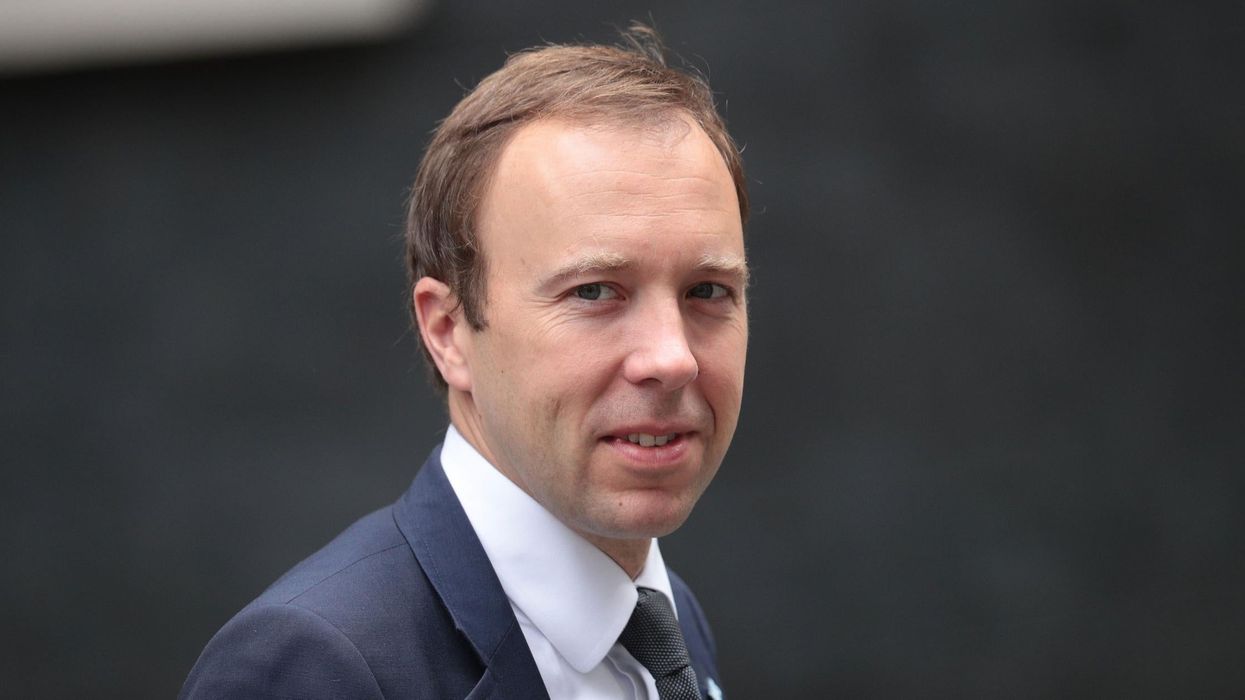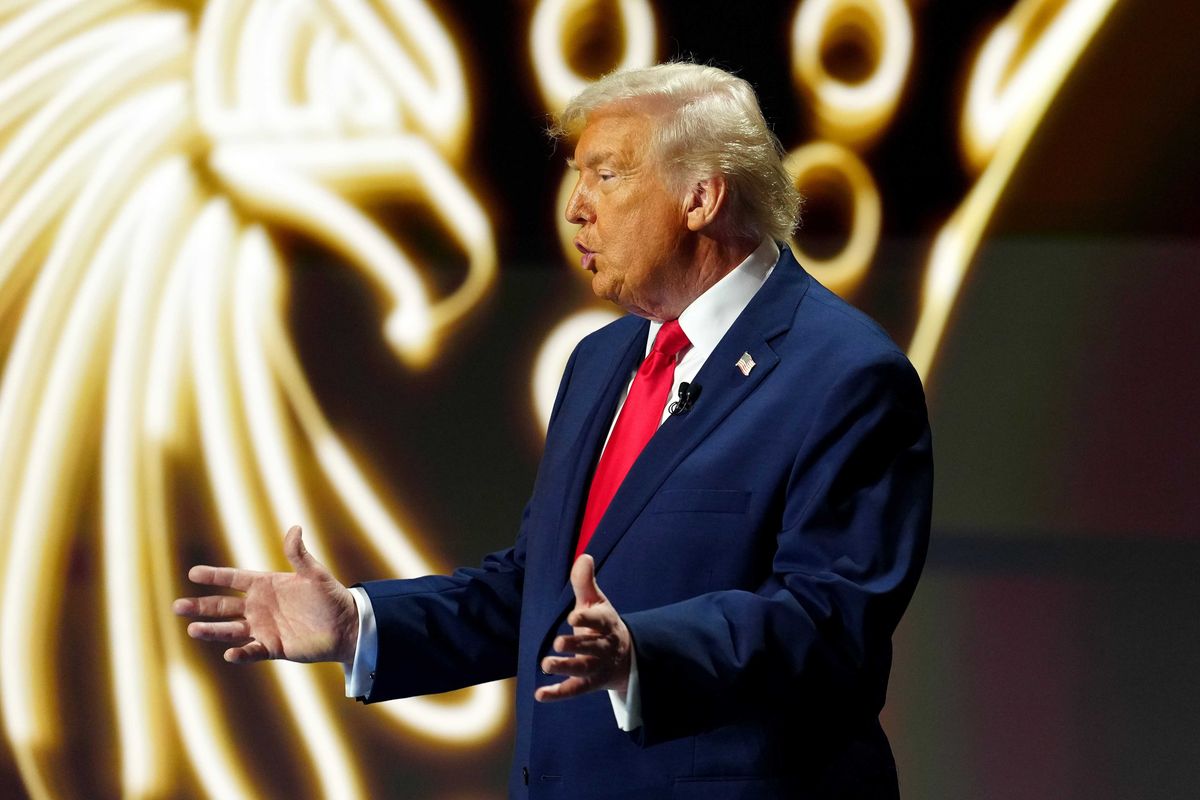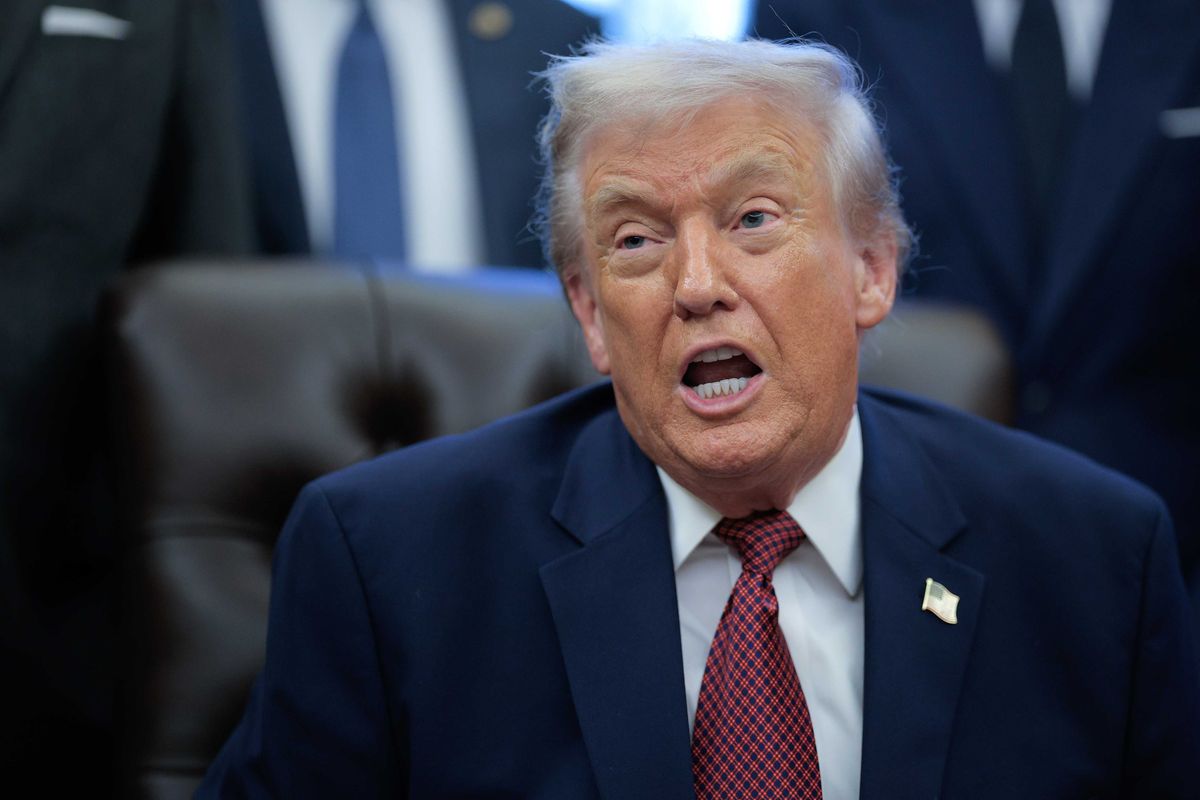News
Mimi Launder
Jul 10, 2018
Matt Hancock is one of the relatively unknown names to have emerged from the chaos of Theresa May's emergency reshuffle with a more prominent role.
The former culture secretary, who replaces longest-ever-serving health secretary Jeremy Hunt at a particularly challenging time for the NHS, has held a number of ministerial roles since becoming an MP in 2010.
After graduating with a degree in philosophy, politics and economics from Oxford University, and a masters in economics from Cambridge, he worked as an economist for the Bank of England, before working as a special advisor and then-chief of staff to then-shadow chancellor George Osborne.
But Hancock, a prominent Remain campaginer, was only promoted to the front bench earlier this year as culture secretary, possibly due to the suspicion arising from his former roles with Osborne, reports the Spectator.
With little experience of the NHS, we search the the lowlights and highlights of Hancock's career for clues about what his appointment might spell for the future of the national health service.
1. He loves technology - maybe a little too much.
Hancock made headlines in February this year when he put a digital spin on his culture brief by creating an app, imaginatively named 'Matt Hancock'.
He may look back at becoming the first MP to launch a smartphone app with a feeling of regret rather than triumph, after he was forced to defend the app over privacy concerns.
Who knows what this means for the the NHS?
This tech-savvy trait does lead some hope that that the NHS, which has some digital ambitions, will benefit.
Well, Jeremy Hunt thinks so.
2. He has been involved in a couple of minor scandals.
Once, he chartered a private jet on the way back from a climate change summit as energy minister, as well as accepting money from climate change sceptics.
He also retweeted a poem that suggested the Labour Party was full of 'queers', which he claimed was a "total accident".
3. He has strong ties with the private sector.
With the NHS in dire straits, needing a cash injection in the Autumn Budget to fund social care, some may see Hancock's financial ties as an asset.
However, others fear that these ties mean further privatisation, especially since he has voted in favour of removing restrictions on the amount of income a foundation trust can earn from private patients and supported 2012's controversial reorganisation.
In fact, Hancock is already under fire for reportedly receiving private donations from the chairman of the Institute for Economic Affairs (IEA), a free market think tank that has argued for part-privatisation of the NHS.
4. He spoke out against social media firms as culture secretary.
He threatened to fine social media giants billions of pounds if they did not take steps to protect users, saying that tech plaforms have a "moral responsibility" to their users.
5. He hasn't exactly demonstrated a keen interest in the NHS.
Hancock has made little mention of the NHS or doctors since he started in Parliament in 2010, and has little health background.
More: The 21 funniest reactions to Theresa May's cabinet reshuffle
Top 100
The Conversation (0)














